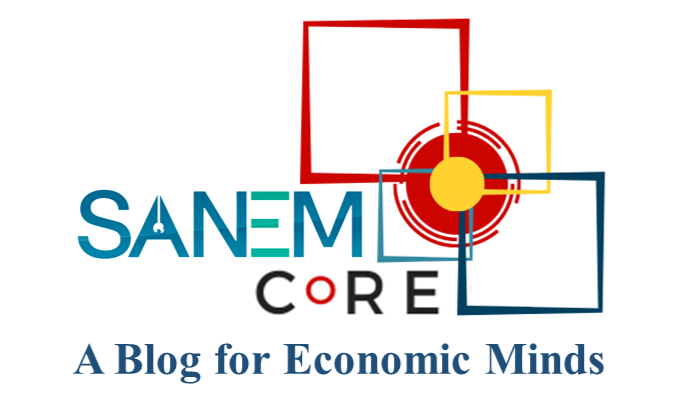How to make development projects more time and cost-effective
by Sayema Haque Bidisha | Dec 15, 2022 | Infrastructure and Investment, Macroeconomy and Economic Growth
In light of the recent debt crisis in Sri Lanka, there is a growing discussion on the funding of development projects. In the context of foreign financing, if one concern is that of debt burden, the other is related to the inefficiency in managing foreign funds. In...
Reforms proposed by IMF have been planned by the govt before
by Bazlul H Khondker | Nov 28, 2022 | Institutions and Political Economy, Macroeconomy and Economic Growth
The International Monetary Fund (IMF) concluded their much-awaited mission in Bangladesh on November 9. The visit had a positive outcome as the Bangladesh government and the IMF reached a staff-level agreement, which happened within a reasonable timeframe suggesting...
How should we address our core labour market challenges?
by Selim Raihan | Nov 28, 2022 | Migration and Labor Market
In the recent decade, despite high economic growth, job creation has slowed down. This is especially in the manufacturing and services sectors, where it remains a big challenge due to increased automation. The high degree of informal employment in Bangladesh, where...
Micro Implications of Macro Challenges
by Sayema Haque Bidisha | Nov 28, 2022 | Macroeconomy and Economic Growth
At the moment, Bangladesh is facing a number of challenges in maintaining macroeconomic stability, with the taka depreciating against the US dollar due to increased import bills, coupled with declining export earnings and remittance inflows. This is made worse by the...
Why have banks failed SMEs?
by Samantha Rahman | Nov 24, 2022 | Agriculture and Rural Economy, Infrastructure and Investment
Even before the pandemic, CFOs of small businesses struggled to get the insights they needed to manage their finances effectively. Even though banks are willing to help, they are facing an increasing number of complex cases of SME clients. It can be stated that...
Bangladesh needs a new vision for social protection
by Bazlul H Khondker | Oct 24, 2022 | Social Protection
Social protection is an important fiscal policy instrument that not only helps smoothen consumption and reduce poverty and inequality, but also spurs growth via raising the aggregate demand. Since independence, Bangladesh’s social protection, a key policy instrument...
Time to focus on women’s sexual health and rights
by Farhin Islam | Sep 7, 2022 | Health, Social Protection
Bangladesh has made significant progress in the last two decades in improving the lives of women and girls. Maternal mortality rates are decreasing, fertility rates are decreasing, and gender parity in school enrollment is increasing. Women's participation in the...
Demographic dividend: How do we include more youth into Bangladesh’s economy?
by Sayema Haque Bidisha | Aug 29, 2022 | Human Capital Development
For several reasons, the recently conducted Population and Housing Census 2022 of Bangladesh was of interest to people in different sectors, especially the policymakers and researchers. This is primarily because census data can be a crucial source of information not...
Mental health in Bangladesh: A generational far cry
by Eshrat Sharmin | Jun 27, 2022 | Health
Mental health has been traditionally a taboo subject in Bangladesh, and frequently overlooked at the policy level. The country has undertaken the first ever National Mental Health Policy 2022 this June, which is highly appreciated- better late than never! The mental...
Here’s what the 2022-23 budget must address
by Selim Raihan | May 10, 2022 | Macroeconomy and Economic Growth
The national budget for the next fiscal year will be the third since the start of the Covid-19 crisis in March 2020. Can we expect it to address the current realities, contexts and challenges of Bangladesh? The economy is on the path to recovery from the unprecedented...
RECENT POSTS
AUTHORS LIST
CATEGORIES
- Agriculture and Rural Economy
- Energy Economics
- Environment and Climate Change
- Gender Studies
- Health
- Human Capital Development
- Informal Economy
- Infrastructure and Investment
- Institutions and Political Economy
- Macroeconomy and Economic Growth
- Migration and Labor Market
- Poverty and Inequality
- Social Protection
- Sustainable Development Goals
- Trade and Regional Integration

RECENT COMMENTS